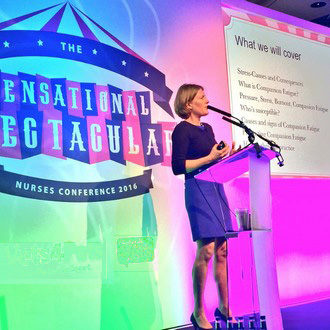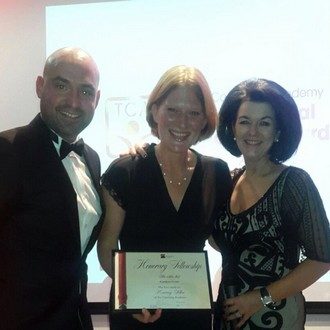Following Stress Awareness Month in April, I’d like to remind you just how important it is to ask for help when it feels like the stresses of work or life in general are becoming too much to bear.
Suicide is one of the last taboos in our society, the consequences of which are so difficult to discuss and are thus so often ignored. Yet statistics from the World Health Organisation highlight the scale of the problem:
- Over 800,000 people die as a result of suicide every year.
- For every suicide recorded there are many more attempted ones. A prior suicide attempt is the single most important risk factor for suicide in the general population.
- Suicide is the second leading cause of death among 15–29-year-olds.
(Source: www.who.int/mediacentre/factsheets)
I make no claims to be an expert in mental health or counselling and I’m well aware that how a person copes with stress is uniquely personal to them – my thoughts here are necessarily generalised and I would always advocate seeking help from other professionals such as www.samaritans.org if you feel you can no longer cope alone. The first step after accepting that you need help is asking for it, either from a trusted friend who can give you the emotional encouragement you need, or a manager/team leader at work who can provide you with practical support. And by asking for help in the ‘right’ way, as well as receiving help, you demonstrate that you are strong, focused and in control:
- Accept that people will be happy to help you and will be flattered that you’ve asked for their expertise.
- Practice and prepare for the conversation. Remember that your body language sometimes says far more than your words.
- Control your words and emotions. Choose a time when you feel ready and in control.
- Be calm and polite, be careful that you are not seen to be intimidating or manipulating others into helping you.
- Be positive.
- Explain what steps you’ve already taken.
- Determine possible solutions in advance. “I can’t handle my workload” presents the problem but not the solution, whereas saying: “I think that handing over management of the rota will help me give my full focus to leading the team” shows that you’re addressing the needs of the business too.
Be specific about what you need. Would further training in computer skills help, or is it about having more time or a second pair of hands? - Show appreciation after someone has helped you. If you’re in a leadership role and a team member gave you much-needed assistance, you might want to offer some type of reward, or at least thank him/her publicly.
- Offer your help in return, if needed in the future.
As a manager or team leader, one of the most important things you can do is to establish and nurture a collaborative culture where helping each other is actively encouraged. Teamwork requires give and take, it works best when those who have specific skills offer them for the benefit of others and accept when colleagues are better placed to do other things in return. The Harvard Business Review describes a study carried out with IDEO, an organisation with a strong culture of employees helping each other (www.hbr.org/2014/01/ideos-culture-of-helping). It finds that trust and accessibility are much more important than skillset or competence – how you deal with requests for help (empathy, confidentiality, support and being non-judgemental) is felt to be more valuable than what you actually do. Showing your teammates that you are genuinely happy to help when needed, either with advice, emotional support or practical actions, makes you a great team player. Because ultimately, what goes around comes around – each of us should always be ready to help our colleagues, even if it’s for no reason other than one day you may need their help in return.
If you would like to take control of your life and career, my online personal development programme MyLifeStrategy can help you to overcome the personal and professional challenges you face on a daily basis and learn practical skills and techniques to make a real difference to you and your life.
I’ve developed the Robust Resilience and Thriving Under Pressure modules specifically to support professionals in overcoming stressors and thriving in a pressurised environment.
If you feel you need to take positive action now, please contact me on 01453 833720 or at carolyne@carolynecrowe.co.uk








